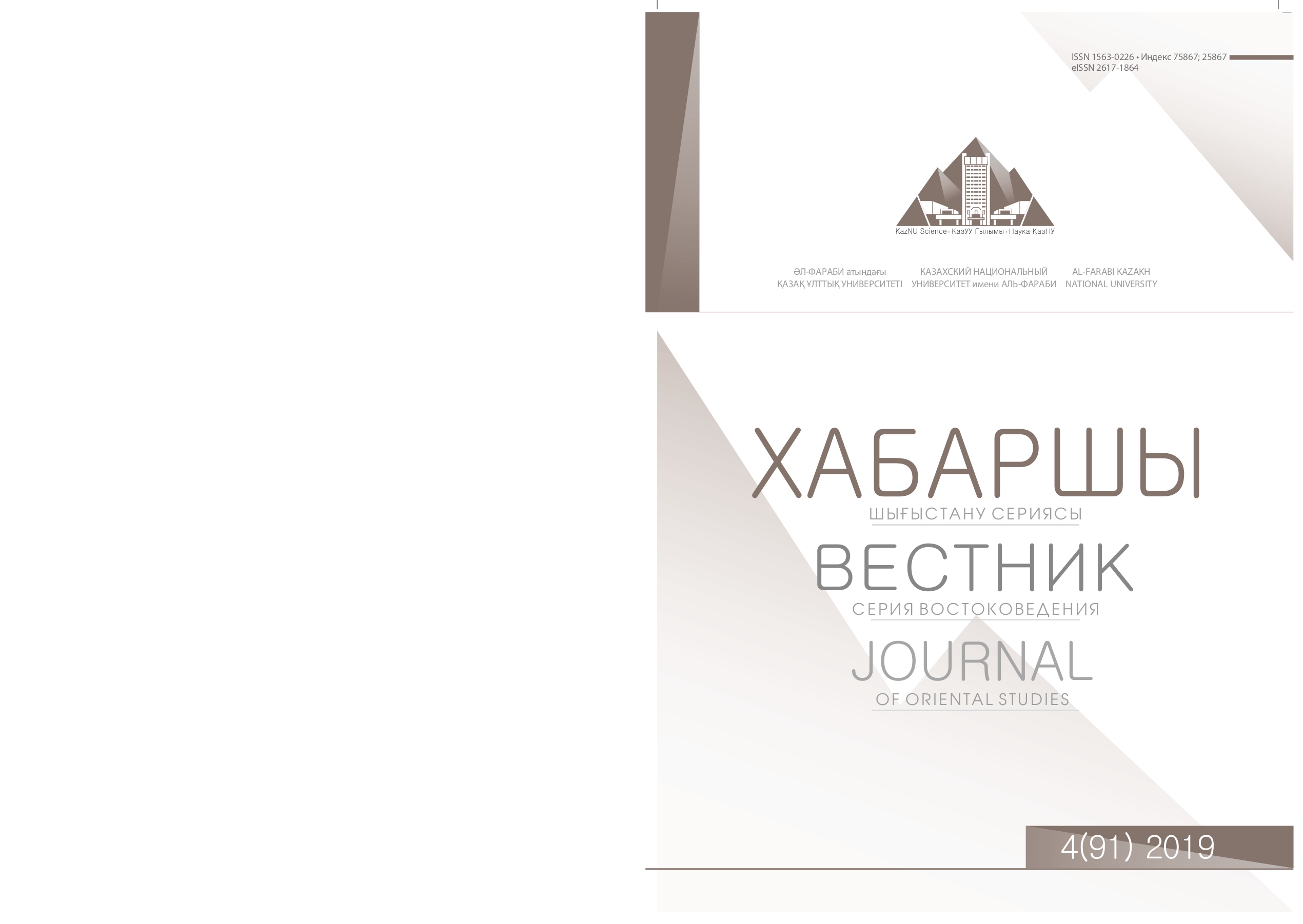A Contrastive Study of Conceptual Metaphors between Chinese and English in Cross-cultural Communication
DOI:
https://doi.org/10.26577/JOS-2019-4-o8Abstract
Abstrsct. With the development of cognitive linguistics, the theory of metaphor has received great concern. Different from the traditional view, the conceptual metaphor indicates a universal cognitive phenomenon of human beings. This paper is a comparative study of the E/C conceptual metaphor systems. By analyzing their cognitive similarities and cultural differences, the paper aims to shed some light on language communication and understanding in cross-cultural exchange. Since its inception, the theory of conceptual metaphor is constantly being improved and developed. The breadth and depth of the study of conceptual metaphors in the intercultural space of English and Russian languages are unlimited. The significance of her research was confirmed by linguists from China, England and other countries (Chen Jiaxiu, 2007; Shu Dingfang, 2000; Lakoff and Johnson, 1980; Liu Jongde, 1992). The fundamental methodological basis of this study is the comparative method, the analysis method. With their help, it was possible to give a vivid pronounced feature of the conceptual metaphor, as well as to reveal the cultural differences between the two languages. A synthesis method is also used that collects the overall picture of the study from its analyzes. As a result of its use, the trend and value of this study was emphasized, and in this regard, it will establish an important link between the conceptual metaphor in English and Chinese. The purpose of this article is a comparative study of the conceptual metaphor














